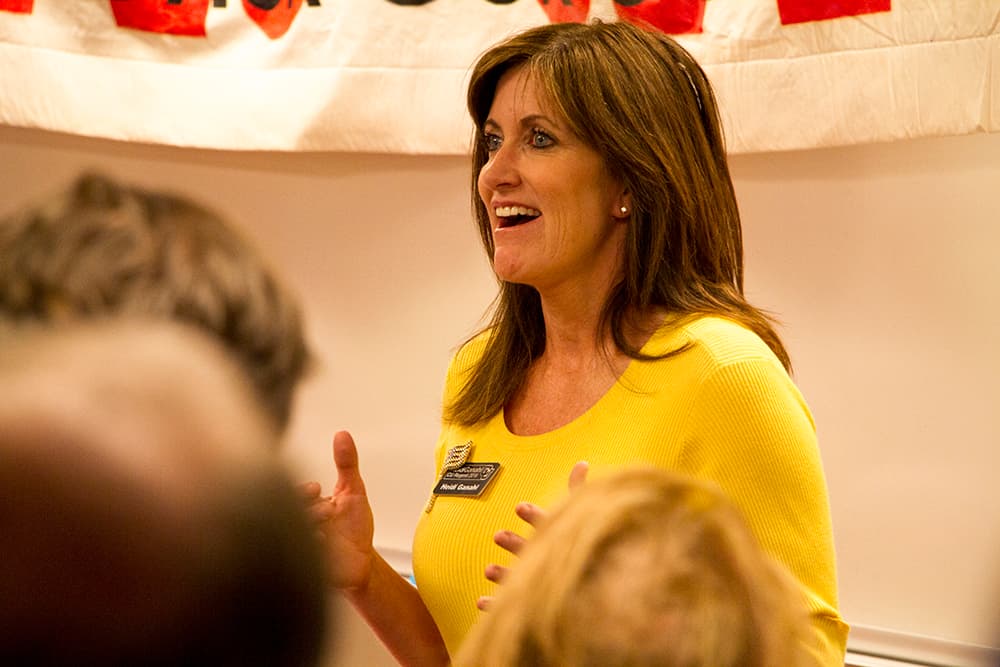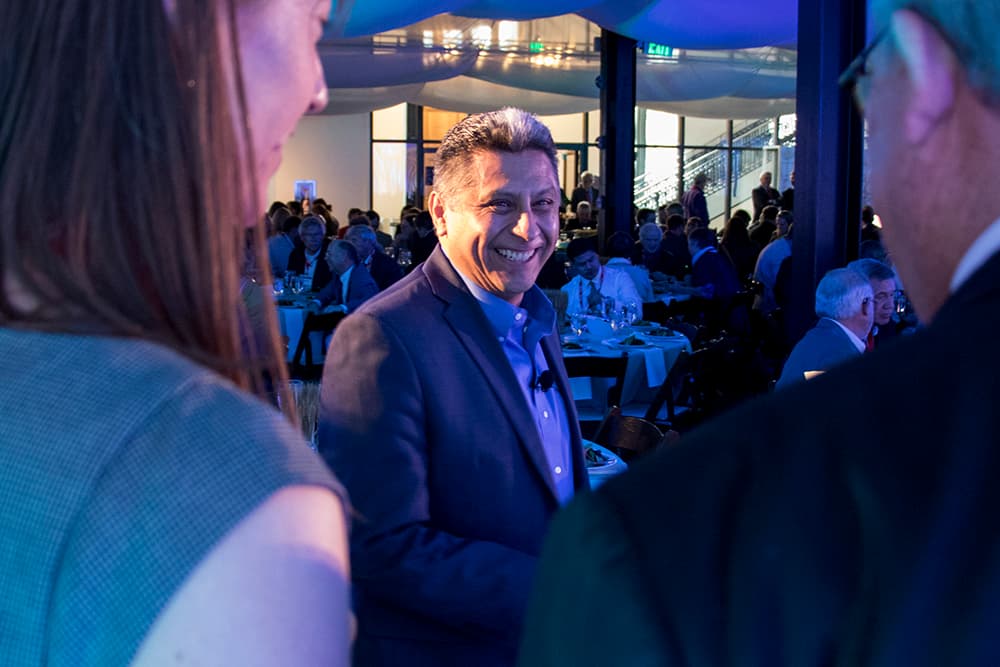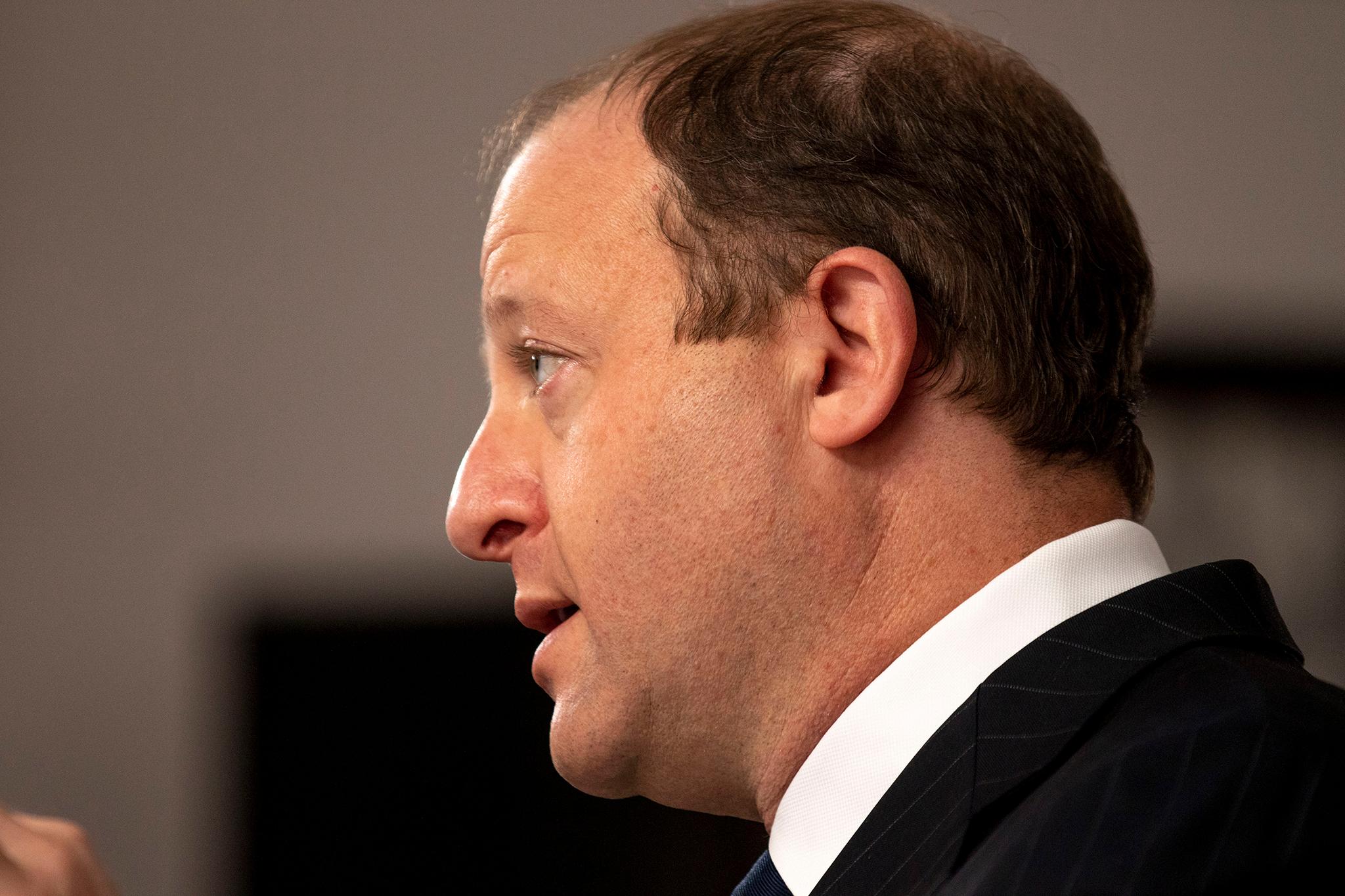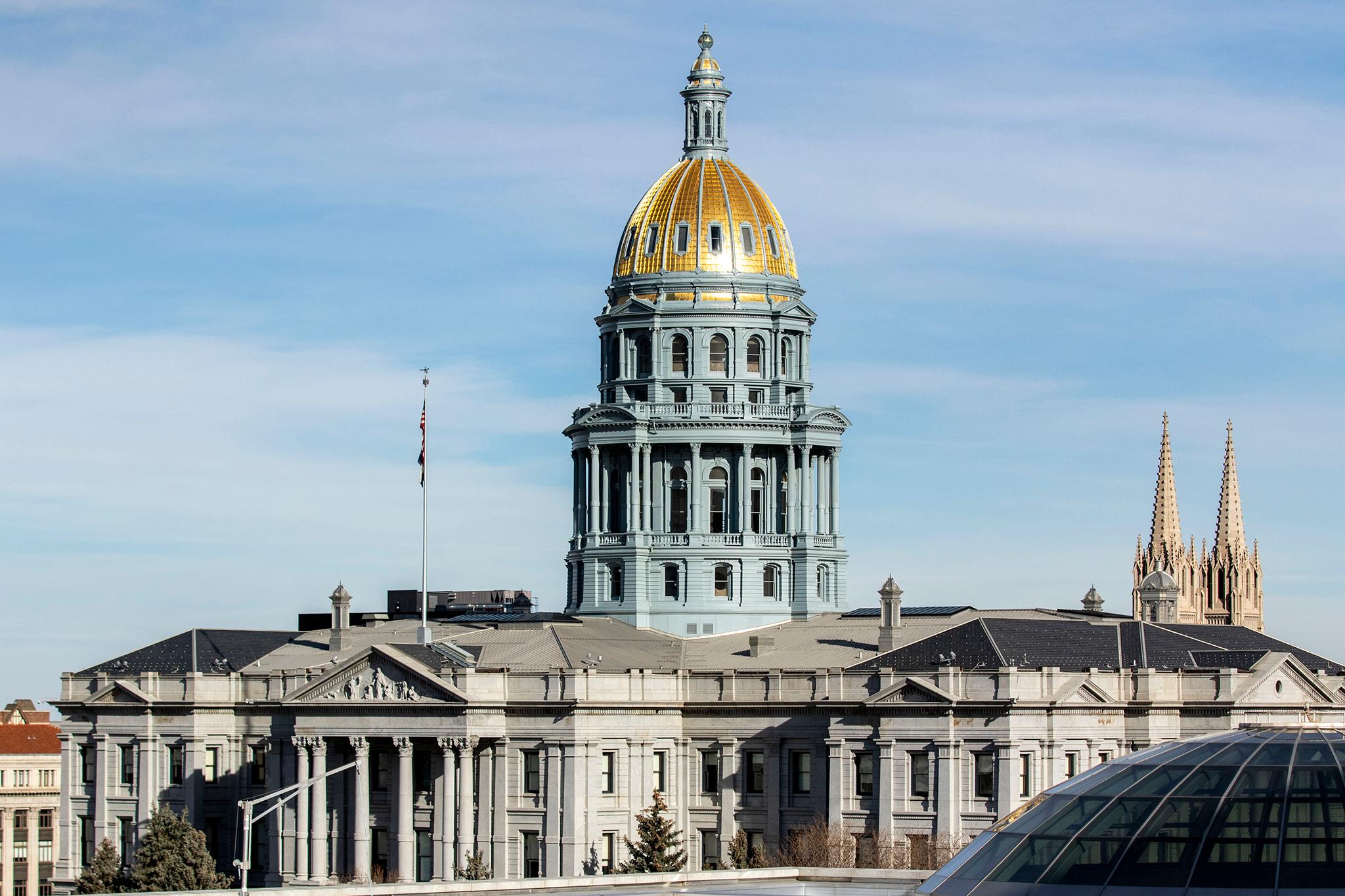Update: Heidi Ganahl beat Greg Lopez Tuesday and will challenge Gov. Jared Polis in November.
When it comes to voting, Denver skews Democratic, and Democratic voters don't have a choice when picking a candidate for governor in their party this primary season.
The sole contender is incumbent Jared Polis -- a politician progressives have dubbed libertarian for his business-friendly leanings and conservatives have dubbed radically left for his stance on LGBTQ rights and abortion and his public health orders during the pandemic.
Polis has proven himself to be the kind of middle-of-the-road governor this purple state embraces and that the Democratic Party throws its weight behind. The multi-millionaire has funded campaigns to keep his own party from veering left. No other Democrats decided to take him on.
Vying to beat Polis are Republicans Heidi Ganahl, who would be the state's first woman governor, and Greg Lopez, who would be the state's first Latino governor. A Republican has not been in the governor's seat since 2007, and the state's legislature and executive branches are squarely Democratic.
Denver voters are unlikely to have an outsized impact in which candidate wins the primary compared to the city's suburban and rural neighbors. Yet either candidate, if victorious in November's general election, would have an outsized impact on the future of the city when it comes to crime, drugs, homelessness, taxation and public funding for social services.

Who is Heidi Ganahl?
Ganahl founded and served as former CEO of doggy daycare Camp Bow Wow. She has formed multiple charter schools and served as an elected regent for the University of Colorado, starting in 2016. She also launched the nonprofit Mom's Fight Back in 2013, which works on family court reform.
The Republican establishment favors Ganahl, who has secured more donors and endorsements than Lopez. She's also the only Republican in Colorado currently holding statewide office.
She wants to cut government regulations of businesses, believes the state's climate goals to get to net zero emissions by 2040 are pushing too hard and too fast, and thinks nuclear energy is a worthy replacement for fossil fuels, she told Colorado Politics.
Ganahl has been an outspoken advocate for coal and natural gas and believes Colorado can be a leader in clean energy production using fossil fuels.
When it comes to solving the housing crisis, she wants the government to ditch rules that increase the costs of new construction and slow down development. The fewer rules and fees developers face, the cheaper building new housing is.
She opposes the right to abortion in all cases except for rape and incest. She wants to see homeless people connected with shelter. She also wants what she calls a "tough love" approach to drug addicts, which includes a zero-tolerance policy for fentanyl possession.
Ganahl speaks passionately about improving the state's mental healthcare and addiction treatment offerings, but doesn't want to spend additional money on it.
She plans to slash taxes, shrink government and undo hundreds of Polis's executive orders.

What about Greg Lopez?
He served as the mayor of Parker when he was 27 and was the Colorado head of the Small Business Administration under Obama. His past is speckled with scandals: a complaint for domestic violence in 1993, a DUI in 2003, and accusations that he was misusing his federal position in how he awarded contracts with the Veteran's Administration hospital, CPR reported.
Lopez, who is running to the right of Ganahl, is more of a renegade candidate appealing to grassroots cultural conservatives and Coloradans who are allergic to the growth the state has seen in recent years.
He's critical of critical race theory. He's also committed to shrinking government and cutting fees and regulations imposed on small businesses.
When it comes to solving the housing crisis, he has encouraged individuals to quit spending frivolously on items like granite countertops and big yards, he told Colorado Matters. He would not mandate affordable housing programs and instead would convene regional governing bodies to have conversations. Lopez has resisted residential developments in the past.
Lopez unequivocally opposes abortion, though he believes regulation should be left up to states. In Colorado, he would push for a ban, including in cases of rape and incest, but also notes lawmakers would ultimately decide.
When it comes to addressing crime, like car thefts, he believes in harsher penalties. His perception is that downtown Denver is a dangerous place where individuals fear going and businesses are afraid to open up shop. He does not believe the pandemic influenced homelessness or crime, and argues the state should not have shut down businesses at all in the early days of the pandemic. He likens vaccination requirements at workplaces to racial segregation.
When it comes to climate change, Lopez told Colorado Matters, "The jury is still out," and he has not made up his mind on the issue. He is also uncertain as to whether Joe Biden won the 2020 presidential election and casts doubt on the election. Both the courts and a House committee have determined the election was not thrown.

Next steps for the candidates?
Jared Polis is a shoo-in for Democrats. Republicans will choose between their two candidates. Unaffiliated voters will have the chance to vote in either the Democratic or Republican primary -- not both. People can cast their ballots until 7 p.m. on Tuesday, June 28.
When it comes to luring Denver voters in the general election, any Republican candidate will face a challenge. No matter who wins, the GOP candidate will likely highlight Denver's rise in crime and homelessness, the state of downtown and the economic struggles of small businesses. The Republican candidate will also likely talk about healing the rural and urban divide, while appealing largely to suburban and rural voters in traditionally Republican counties.
While the Denver school board is backed by the teacher's union and hesitant to approve new charter schools, the Republican candidates will likely advocate for friendlier policies for charter schools and other forms of school choice.
In facing some of Denver's biggest issues like housing and the economy, either will push a free-market perspective, arguing that the more government gets out of the way of business, the better things will be.
Neither Republican will push for zero net-carbon emissions, nor do they claim to have ambitious public transportation platforms.
When it comes to taking on Polis, both will challenge his track record in managing the pandemic, the economy and the size of government, which has grown under his administration.













